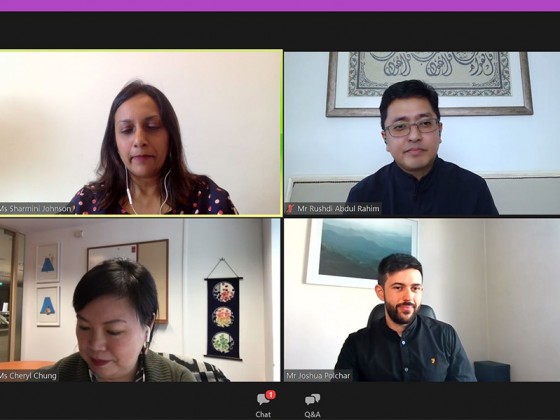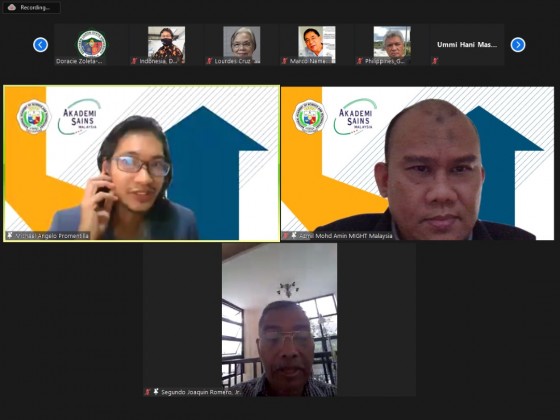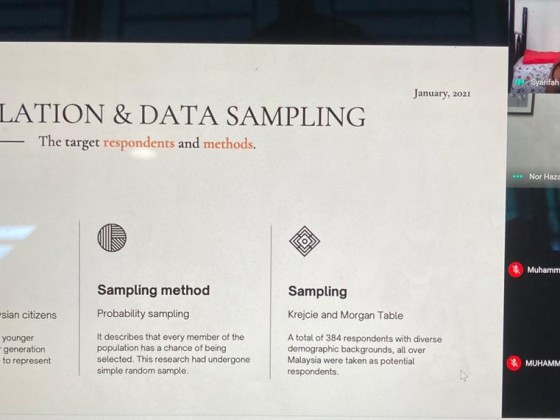5th July 2018, Renaissance Hotel, Kuala Lumpur
Contributor: Mohd Hasan Bin Mohd Saaid
Editor : Mastura Ishak

At the recent launch of Malaysian Blockchain Regulatory Report, University Malaya’s Law Faculty and its Malaysian Centre of Regulatory Studies (UMCORS) organised two panel discussions anchored around the key findings of the report. Saliently, the sessions offered profound views on issues pertaining to Initial Coin Offering (ICO) and Personal Data Protection Act (PDPA) in the wake of recently enforced EU’s General Data Protection Regulation (GDPR). The forum is an expansion of the launch to discuss change efforts on blockchain regulatory frameworks and implementation. During elaborate forum sessions discussed against the backdrop of Malaysia’s economic competitiveness, panel members deliberated multiple regulatory frameworks in an effort to promote higher innovation. A succession of ideas on implementation and thought-provoking notions were timely addressed to ensure future national regulatory framework does not constraint the technology’s economic potential. Some of the ideas highlighted include:
• Unintended consequences of the “The Right to be Forgotten” on account of blockchain’s immutable features.
• The need for policymakers to gather a deeper understanding on the technical aspects of blockchain. In turn, this will improve how policies can cater to a wide range of blockchain applications.
MIGHT’s Blockchain Program Director, Mastura Ishak was notable for sharing her views on Blockchain’s regulatory headway in Malaysia as she conducted the concluding session together with Mr. Adam Vaziri, Founder and CEO of QRC Group Plc. Stressing that adoption needs a balanced approach, Mastura underscored that Malaysia needed to view blockchain holistically and study other relevant regulations in consideration of the broader group of digital technologies. She further emphasised that a thorough look at blockchain regulation in both financial and nonfinancial terms was a prerequisite to assess how the technology can improve the country’s competitiveness. Mr. Adam Vaziri on the other hand highlighted the need to address ICO contributions and the risks it poses in order to increase the country’s readiness to tap into the technology’s growth wave.











